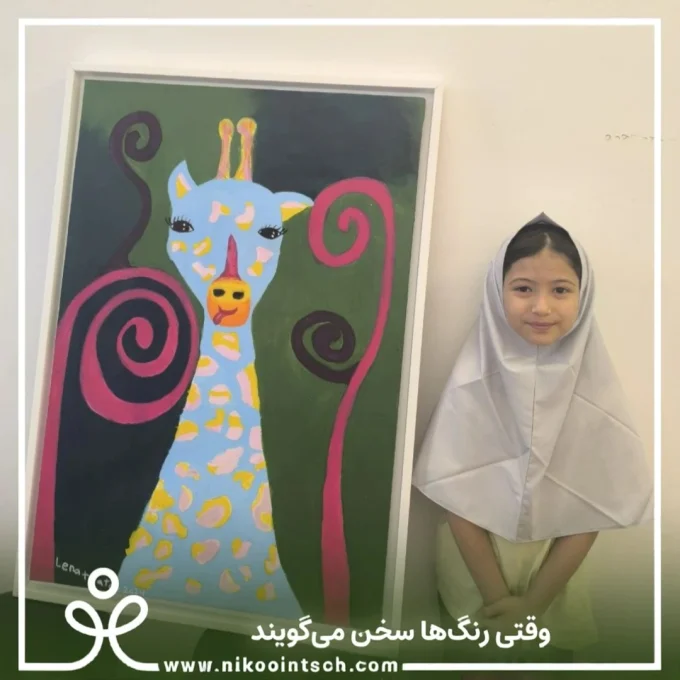Author: Dr. Morteza Majdafar
One of the incorrect terms commonly used in our educational system is the application of “homework” and “assignments” by teachers and educational professionals.
In the past, many upper-middle-class families had a domestic servant referred to as a “maid” or “servant.” Let’s set aside the “servant” for now and focus on the “maid”—a person who was, and still is, obliged to perform all the tasks assigned to them by the head of the household.
A maid is essentially a form of submissive servitude—a kind of forced labor, carrying out duties to the point of absolute exhaustion, without any sense of joy or fulfilment.
When we tell a student, “Your assignments are to do this and that,” we are essentially treating them as our maid, compelling them to act as such and complete whatever tasks we delegate to them.
“Assignment” derives from the root “assign” and “obligation,” and it carries a negative connotation. Similarly, the word “maid” shares the same linguistic root with “assignment,” implying someone who performs a task under compulsion. The term “homework” also shares its origin with “hardship.”
Why should students endure hardship?
What purpose does hardship serve?
To learn?
What is the benefit of associating learning with hardship?
Why should we view students as our servants?
Both “assignment” (compelled labor) and “homework” (hardship endured) are far from motivational terms when it comes to tasks assigned by teachers. I personally prefer terms like “home activities,” “my creativity,” “home projects,” and similar phrases. What do you think?












